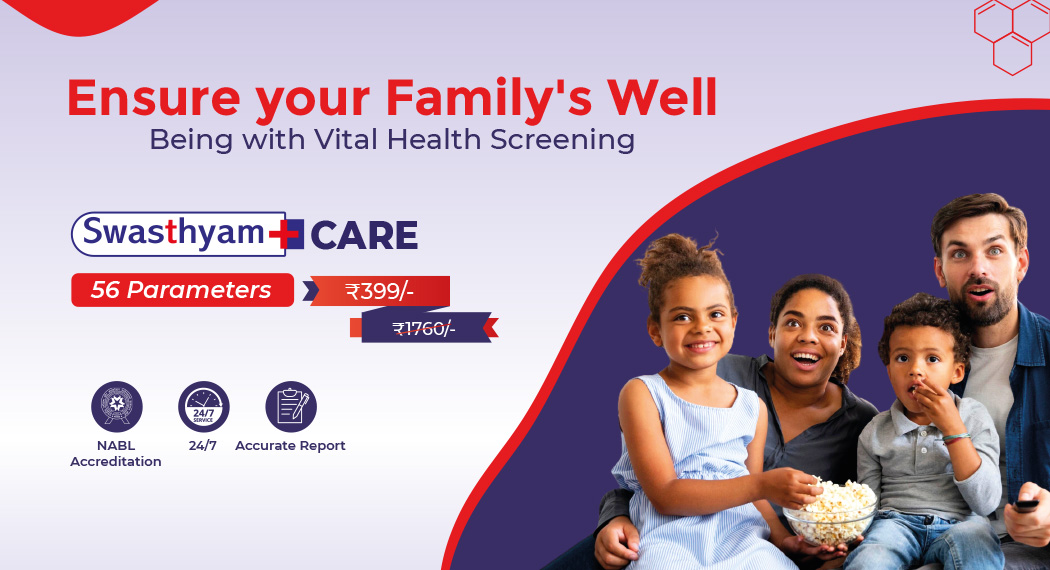The Importance of Regular Health Screenings for Women
June 26, 2024
Regular health screenings are a cornerstone of women's wellness, providing essential insights into overall health and early detection of potential issues. These screenings are vital at every stage of life, from reproductive years through menopause and beyond, ensuring that women can address health concerns promptly and maintain optimal well-being.
1. Reproductive Health Screenings: During the reproductive years, regular gynecological exams, including Pap smears, are crucial for detecting cervical cancer and other reproductive system issues early. Breast health screenings, such as mammograms, become increasingly important as women age, helping to identify breast cancer at its most treatable stages. Additionally, understanding and monitoring menstrual health, fertility, and contraception options are vital for making informed reproductive choices and managing conditions like PCOS and endometriosis.
2. Bone Health and Osteoporosis Prevention: As women age, the risk of osteoporosis increases, making bone density tests an essential part of regular health screenings. Early detection of bone density loss allows for timely interventions, such as dietary adjustments, supplements, and weight-bearing exercises, to strengthen bones and prevent fractures. Ensuring adequate calcium and vitamin D intake is also critical for maintaining bone health.
3. Heart Health and Metabolic Screenings: Cardiovascular disease is a leading cause of death among women, yet it often goes undetected until it becomes severe. Regular screenings for blood pressure, cholesterol levels, and blood sugar are essential for identifying risk factors for heart disease and diabetes early. These screenings enable women to make lifestyle changes or begin treatments that can significantly reduce their risk of developing serious health conditions.
By prioritizing regular health screenings, women can take proactive steps toward maintaining their health and well-being. These screenings provide valuable information that empowers women to make informed decisions about their health, leading to better outcomes and a higher quality of life. Regular check-ups with healthcare providers ensure that any health issues are caught early and managed effectively, contributing to overall wellness and longevity.



